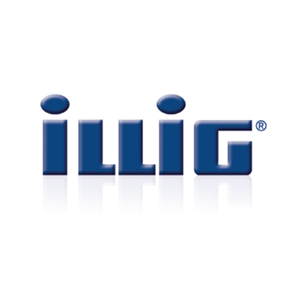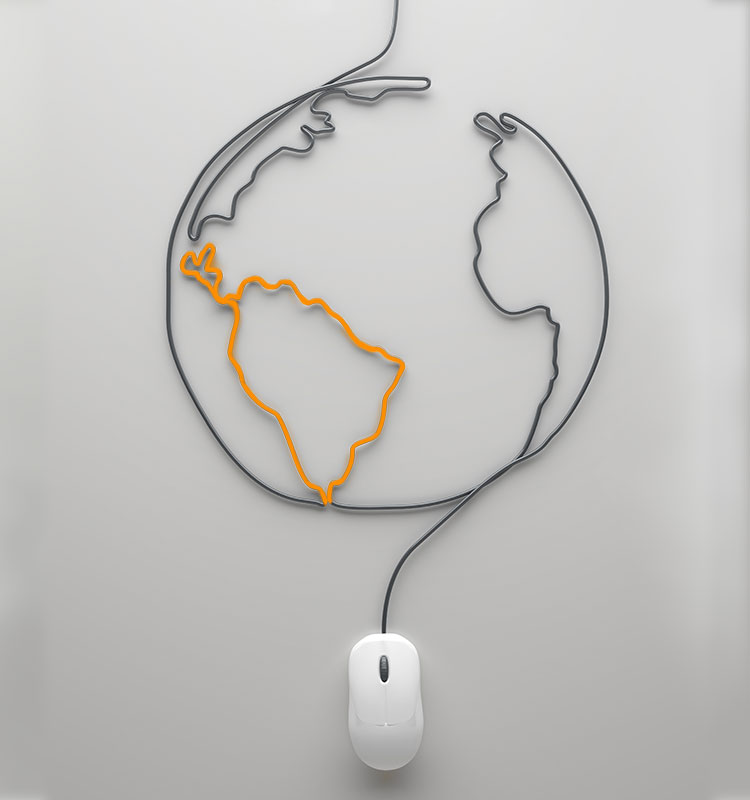
Portuguese language service provider: Are you looking for Portuguese translations for your company?
oneword’s language experts would be happy to advise you and prepare a free quote for you after examining your documents. We have a global network of professional native-speaker translators at our disposal to provide German to Portuguese and Portuguese to German translations certified to ISO 17100. And all to your advantage: Every document is technically and grammatically correct and the style and tone are accurately processed and translated by experts and experienced translators.
Portuguese translations by oneword: certified, cost effective and on time
Bespoke solutions for companies
Background: Portuguese translation – four continents, two language variants, one spelling convention
By the 15th century, as Vasco da Gama discovered the sea route to India, Portugal was already well on its way to becoming a colonial and maritime power, and the Portuguese language was rising to prominence as one of the world’s major trading languages. Today it remains the single official language in Portugal, Brazil, Angola, Mozambique, São Tomé and Príncipe. It is also one of the languages spoken in Macao, East Timor, and Equatorial Guinea. Portuguese is also the official language of the Cape Verde islands and of Guinea-Bissau, although it is commonly used in its creole variants in these countries. In total, there are over 215 million native speakers worldwide. If youadd those who speak it as a second language, there are almost 250 million speakers. In addition to more than 190 million Brazilians, 10 million people in Portugal and the same number in former colonies in Africa and Asia speak Portuguese as their mother tongue. This makes Portuguese the most commonly spoken Romance language after Spanish. It comes as no surprise, then, that translations into Portuguese are among the most frequently requested. The astounding growth of the Brazilian economy has brought with it a clamour for translations into Brazilian Portuguese which superseded the requirement for translations into European Portuguese quite some time ago.

“We have enjoyed a friendly and extremely successful collaboration with oneword since 2014. We were impressed by their commitment and immediate willingness to explore new avenues in software translation with us from the outset. The consistently high translation quality, reliability and competence of all our contacts, even under tight deadlines, continues to amaze us.”
Brazil is not only one of the economic powerhouses among the BRIC group of developing nations, but also Germany’s most important trading partner in Latin America. Germany has a more significant economic relationship with Brazil than with almost any other country overseas. Following in the footsteps of Siemens (1895) and BASF (1911), a multitude of German companies have set up subsidiaries in São Paulo, Brazil’s financial and economic metropolis, making it the largest German industrial city outside Germany. This is why the greatest proportion of translations involving Brazilian Portuguese are requested by the mechanical engineering, automotive technology, electronic engineering and pharmaceutical industries.
The need for translations in Portugal, for whom Germany is second only to Spain as a major trading partner, is also closely intertwined with the export of its products to Germany: There is a particularly high demand for technical translations into Portuguese, primarily in the automotive technology, mechanical engineering, electrical engineering, and software sectors. The medical technology and renewable energy industries have also seen strong growth in the demand for translations.
More differences or common attributes? Brazilian Portuguese versus European And African Portuguese in translations
Portuguese has been subject to very different regional influences, which have caused European Portuguese (also the language of choice in Africa), in particular, to develop in different directions.
European Portuguese
Alongside Arabic, which has had a not insignificant effect on the vocabulary used for foodstuffs and agriculture thanks to the Moorish invasion of Portugal, European Portuguese has also been influenced by Italian, particularly in the spheres of music, theatre and painting, and also by Spanish. The result of these influences was the creation of what is known as “new” Portuguese (in around 1516). However, by this time, “old” Portuguese was already in use in countries such as Brazil, São Tomé and Príncipe, and dialects which resemble this old variant of Portuguese are still spoken in these countries today.
Brazilian Portuguese
Whilst the Portuguese used in Africa is more oriented towards the European variant of the language, the differences between it and “Brazilian“ are striking. The influences of Indo-American languages such as Tupí-Guaraní and features of African languages that came with the slaves who were trafficked in the Portuguese colonial era are easy to see and hear. Some words from Brazil’s indigenous peoples have even found their way into modern German, for example “Ananas” (pineapple) or “Maracuja”. These and other influences have created differences between European and Brazilian Portuguese that affect both their terminology and grammars. The way in which Portuguese is written (still) differs from country to country, although major reforms to orthography have unified the spelling conventions used in the nine Portuguese-speaking nations.
New spelling reforms affecting the countries that use Portuguese, and therefore also Portuguese translations,
came into force in Portugal in 2012, although they had already been in use in Brazil for a number of years: the Acordo Ortográfico (Orthography Treaty) signed in 1990 made provision for the unification of the differences between the spelling of Brazilian Portuguese, the orthography of the Portuguese language as used in Portugal, and that used in other Portuguese-speaking countries. As Brazil had already implemented a number of reforms, this treaty only affected approximately 0.5% of the words. In the other countries, it affected approximately 1.6%. The inclusion of the letters “k”, “w” and “y” meant that the alphabet used by 215 million native speakers in the nine nations where Portuguese is the official language expanded to a total of 26 letters. Voiceless consonants (such as the second “c” in “correcto” and the “p” in “óptimo”) were discarded (new: “correto” and “ótimo”). In Brazil, the use of some of the accents and the “trema” will be discontinued (old: “lingüiça”, new: “linguiça”). The intention of the reform was to match the spelling conventions to everyday speech, to simplify spelling and – as defined by Article 1 of the Treaty – to further improve the international reputation of the Portuguese language (ranked 8th in the list of world languages). The transitional period was to run up to 2014. Since then, only the new spelling conventions are to be used. For this reason, existing Portuguese translations (for example, technical documentation, product overviews) should be modified to conform to the new spelling conventions, preferably by being edited. At oneword, all new translations into Portuguese have been written using the new conventions since the reform was instituted at the end of 2012. But even if the spelling conventions have been unified, the crucial issues for translations are also the subtleties, and the linguistic and cultural nuances. When you are looking for Portuguese translations you should first ask: what is the translation’s target audience?
You may also be interested in
8 good reasons to choose oneword.
Learn more about what we do and what sets us apart from traditional translation agencies.
We explain 8 good reasons and more to choose oneword for a successful partnership.




